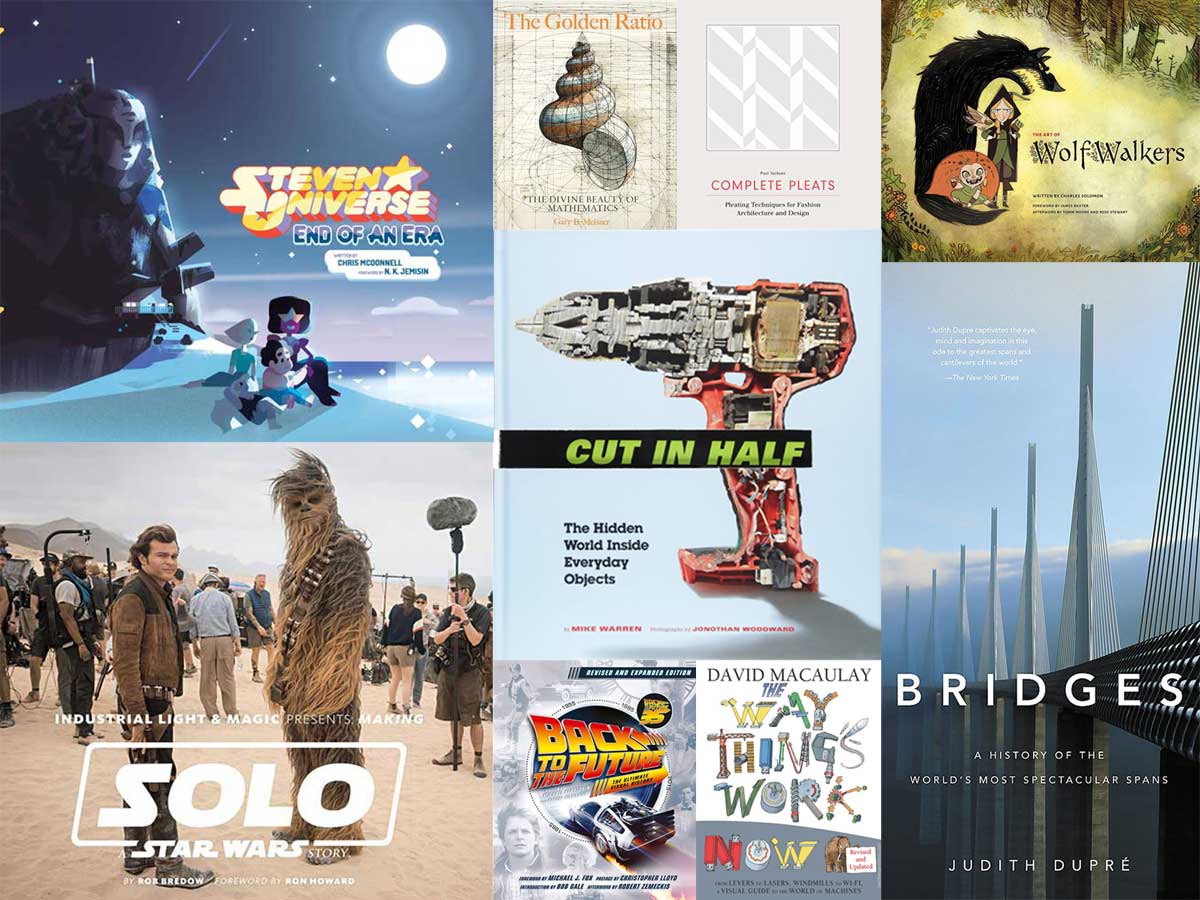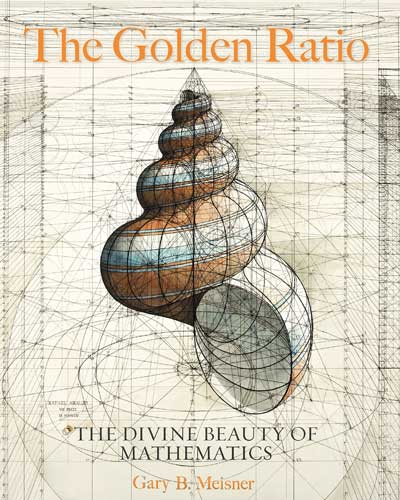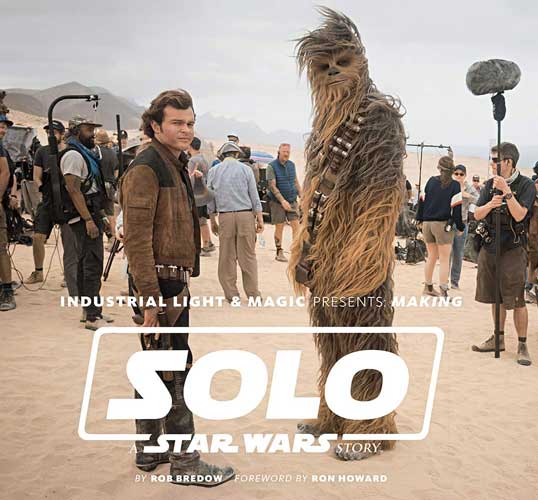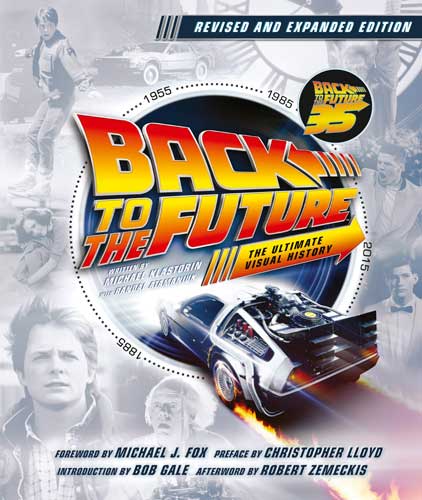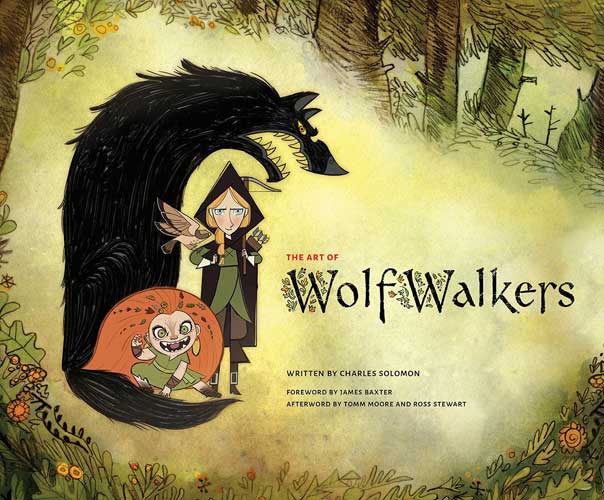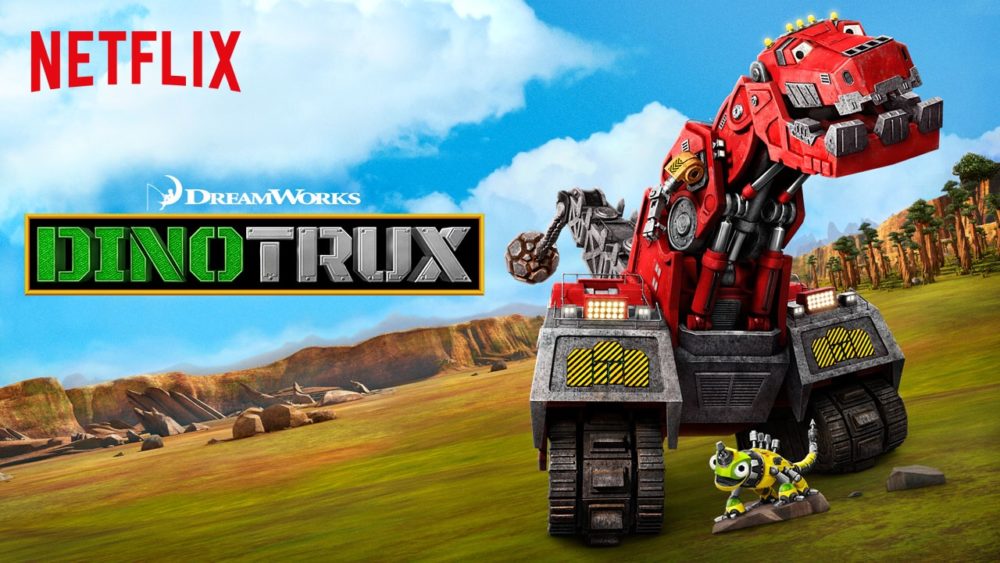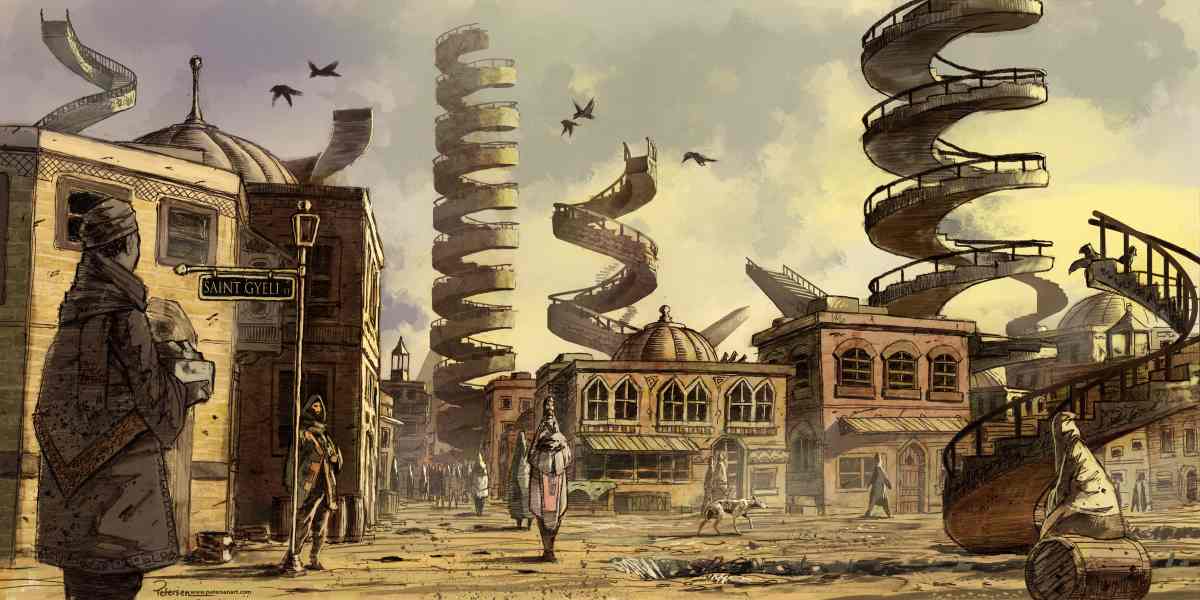Last week I shared several big books about other worlds. This week, I’ll keep going through my stack of big books, but this time we’re taking a peek behind the curtain: how things work and how things were made.
Cut in Half: The Hidden World Inside Everyday Objects by Mike Warren, photographs by Jonothan Woodward
If you’ve ever wondered what it looks like inside a hair dryer, or a baseball, or a Magic 8-ball, this book is for you. Mike Warren cuts things in half with a high-pressure waterjet cutter and then has an explanation of what you’re looking at inside. His YouTube channel has videos of the cutting, but the photographs here by Jonothan Woodward give you more details you can pore over. One fun feature: the cover of the book itself is “cut in half” along the center.
The Way Things Work Now by David Macaulay
I remember flipping through The Way Things Work when I was a kid—it was first published in 1988, and has since been updated and revised a few times. The latest edition is from 2016, and is divided up into five parts: The Mechanics of Movement, Harnessing the Elements, Working with Waves, Electricity & Automation, The Digital Domain, and The Invention of Machines. Macaulay’s illustrated diagrams are clear and easy to interpret and, as with the original, feature lots of woolly mammoths demonstrating how things work. It’s a very fun way to learn about technology, and is appropriate for all ages.
Bridges: A History of the World’s Most Spectacular Spans by Judith Dupree
If you love architecture and engineering, bridges are always a fascinating subject: functional and beautiful (when done right). This book tells the stories behind almost 60 different bridges, plus some categories like pedestrian bridges, covered bridges, and bridges in movies. The book itself is extra-tall, and the interior is turned sideways, the better to display large formats of these wide spans. This is an updated edition (from 2017), including some bridges that were built since the original publication in 1997.
The Golden Ratio: The Divine Beauty of Mathematics by Gary B. Meisner
The golden ratio, denoted by φ (phi), is a curious number. It’s roughly 1.618: if you cut a length into two pieces with that ratio, then it’s also the ratio of the whole piece to the larger piece; it’s also closely tied to the Fibonacci Sequence. The golden ratio has been used extensively in art and architecture, and it is sometimes seen in nature as well. Meisner explores φ mathematically using diagrams and equations, and then takes the reader on a journey looking at how it was used throughout history in various ways, whether intentionally or not.
Complete Pleats: Pleating Techniques for Fashion, Architecture, and Design by Paul Jackson
This book is a little different from the others in today’s list because it’s more of a how-to book, but it’s about creating pleats—back-and-forth folds—and using them in various ways. While there are some images of pleats used in buildings, sculptures, and clothing, the bulk of the book is made up of diagrams and photos of sample pleats: accordion pleats and knife pleats, angled pleats, curved pleats, and so on. There are tips and tools listed near the beginning for how to get started, but it’s largely about exploring pleats and practicing rather than teaching you to make any specific finished designs. It’s a really cool book to flip through and explore, and my origami-loving daughter plans to experiment with the techniques. The book includes a DVD with lessons as well.
Making Solo: A Star Wars Story by Rob Bredow
One of my favorite things to get a peek under the hood is movies: I love seeing how movies were made. Here are a few coffee table books about various movies and shows, starting with Solo: A Star Wars Story. I know the movie itself had a mixed reception: there are some who felt like we didn’t really need an entire movie about Han Solo because we already knew so much about it anyway and we could have gotten a story about somebody else instead. I kind of agree with that, but I also admit that I had fun watching it. Rob Bredow was the visual effects supervisor for Solo, and he took thousands of photos throughout the making of the film. This book is largely made up of his photos, with some illustrations, diagrams, and various schematics as well; there’s text telling the story of the filmmaking process, but there are also many pages that are just photography without any commentary. As “making of” books go, it doesn’t get into some of the details I wish were there, but it does feel like a glimpse into being on set.
Steven Universe: End of an Era by Chris McDonnell
This art book is a companion to Steven Universe: Art & Origins, which I mentioned back in September, and is both an art book with plenty of things like character designs, storyboards, background paintings, and the like, but is also an in-depth look at the creation of the cartoon series, continued from the first book. It includes plenty of interviews with those who worked on the show (including series creator Rebecca Sugar), and in particular talks a lot about the way that Sugar had plotted out many of the key pieces of the story right from the beginning. I’ll avoid spoilers here, but the book shows a few of the detailed timelines that Sugar used to plan the story arcs of the various characters, which the team would then use to decide the order that information should be revealed and how to space them out throughout the seasons of the show. This book covers the entire regular series run, as well as the movie and Steven Universe Future, the follow-up series, so if you haven’t watched it yet, you probably want to wait to read this. However, if you’re a fan of the show, the two volumes are an excellent way to delve further into a lot of the themes and meanings that the show was built upon.
Back to the Future: The Ultimate Visual History by Michael Klastorin with Randal Atamaniuk
I first mentioned this book in October 2015, shortly after “Back to the Future Day” (when Marty appears in 2015 in the movie)—it was the 30th anniversary of the film, and this book is a wonderful, detailed account of the making of the movies, filled with lots of fun facts and ephemera like a poster for Jaws 19. Five years later, it’s gotten a revised and expanded edition that includes some of the things that have happened in the franchise that didn’t make it into the first book: Doc Brown’s appearance in Seth MacFarlane’s A Million Ways to Die in the West, the TellTale Games videogame, an effort to restore the original DeLorean, and even the Transformers figure that was introduced earlier this year. One fun fact: there is more Back to the Future merchandise now than there ever was when the movies were in theaters. It also has stories of the celebrations of Back to the Future Day, and the stage musical—which took longer to bring to fruition than the entire movie trilogy. It concludes with the story of the cast reunion—held this year over video because of the pandemic. If you’re a Back to the Future fan, this book is a must-have treasure trove!
The Art of WolfWalkers by Charles Solomon
WolfWalkers is an upcoming animated film from Cartoon Saloon, the Irish animation studio that made The Secret of Kells and Song of the Sea. It’s about a young girl named Robyn who comes to Ireland with her father to hunt wolves, believed to be evil—but then Robyn meets a Mebh, a shapeshifter known as a wolfwalker, and her world gets much more complicated. I’ve flipped through this book a little but am saving it for after I see the film—the artwork looks great, and I’m excited for the story. The film was released in theaters this past weekend, and will be on Apple TV+ on December 11.
Disclosure: I received review copies of these titles.
